Netflix Dark Horror Movie Accidentally Created A Beloved Monster
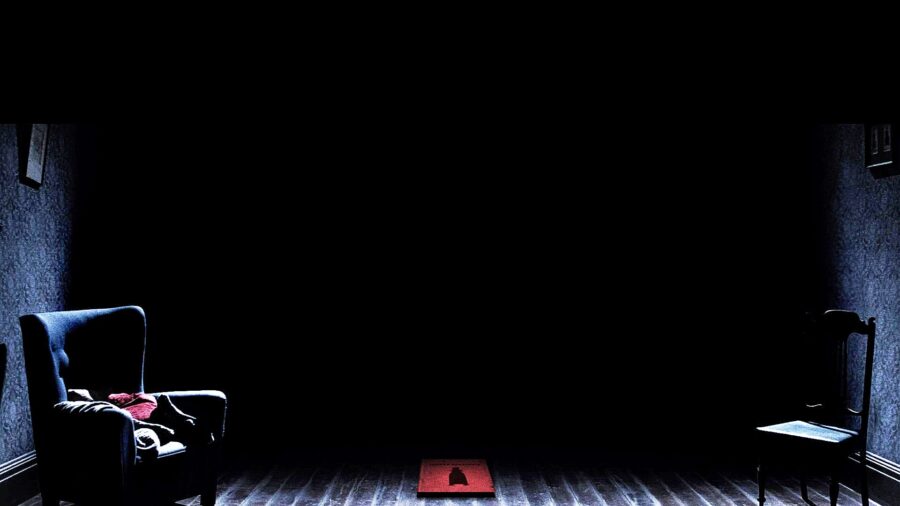
Successful horror films always have their own unique way of taking on a life of their own after their initial release. The Babadook is one such film in the sense that it was a commercial and critical success upon its 2014 release, and also quickly became a cult classic following its theatrical run. This is a rare occurrence because cult films tend to perform terribly when they first materialize, and slowly gain that status over a significant stretch of time.
Mister Babadook
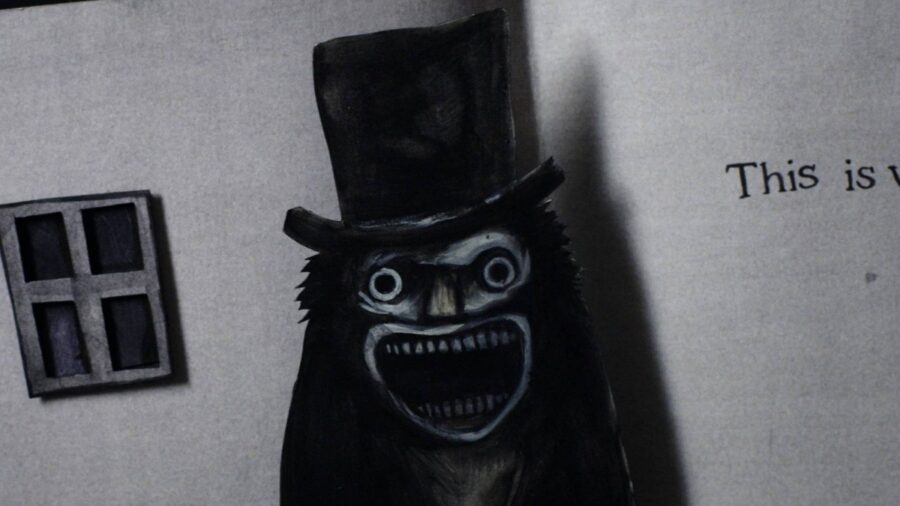
The Babadook is a unique exercise of psychological horror that tackles subjects like grief and coping with the loss of a loved one in ways that are unspeakably terrifying. Stylistically speaking, the film boasts a low-fi and handmade approach that heavily utilizes stop-motion effects.
The titular monster itself was inspired by 1927’s The Man in the Beaver Hat, but some creative liberties were taken by writer/director Jennifer Kent, who was inspired by gothic horror movies like 1928’s The Fall of the House of Usher, and 1922’s silent but harrowing Häxan.
Classic horror movie influences notwithstanding, Kent landed on the name Babadook by loosely basing it on the Serbian word, babaroga, which translates to bogeyman. Though the Babadook itself is one of Kent’s original inventions, its influences are clear, and she successfully creates a composite character that never wears out its welcome.
A Grieving Family
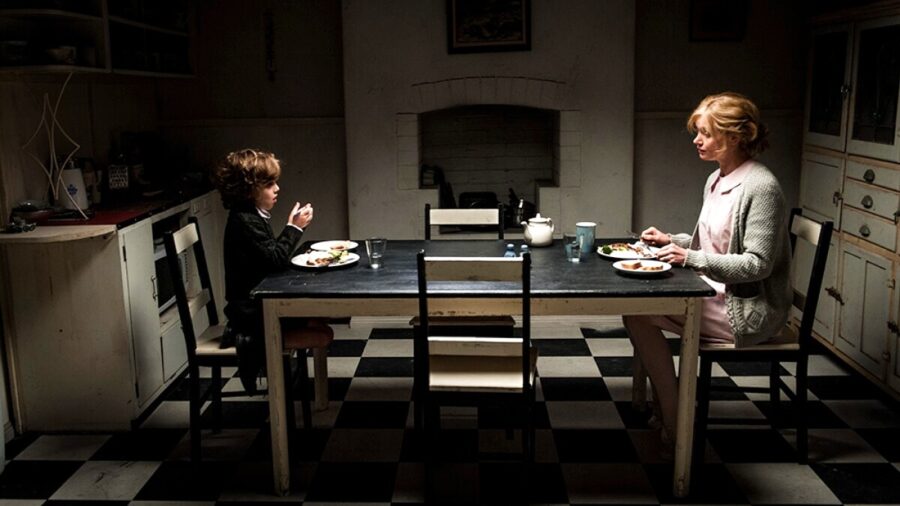
At its outset, The Babadook is your classic story about a grieving widow and her troubled 6-year-old child. Processing the loss of her husband Oskar, Amelia Vanek has to raise her son, Samuel, by herself. When a pop-up storybook entitled Mister Babadook mysteriously appears in the Vanek household, Samuel’s behavior becomes increasingly erratic and worrisome, as he thinks the fictional character is real.
The Babadook Come To Life
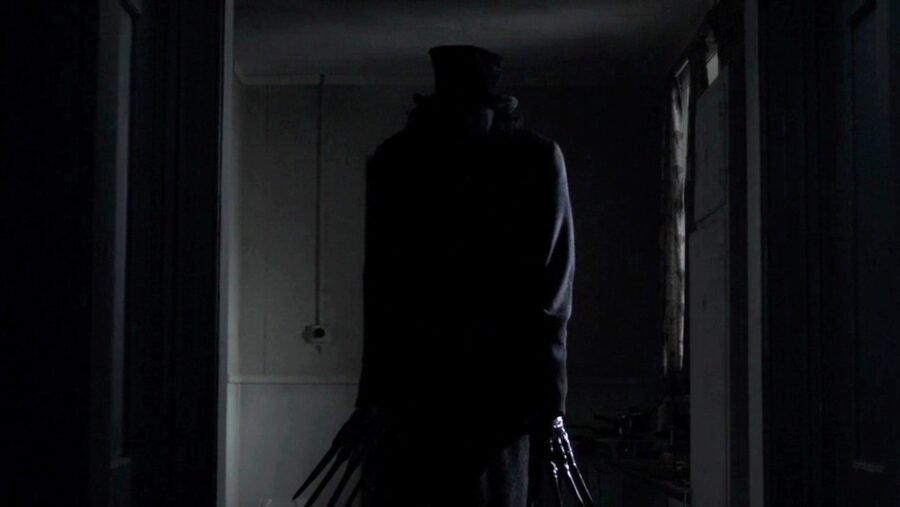
Amelia attempts to destroy the book, but it’s too late because the Babadook has manifested in the physical world, and he continues to torment the grieving family. As the film progresses, Amelia becomes overwhelmed by the monster‘s presence, and starts acting aggressively toward Samuel. Plagued with murderous hallucinations in which she kills her son, Amelia needs to break free from the monster’s curse and save what’s left of her family.
Praised By Critics And Audiences
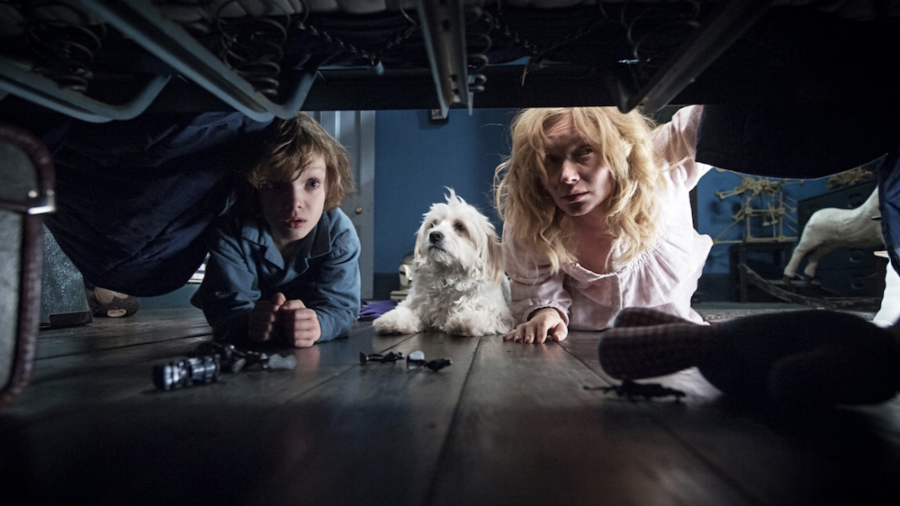
Though The Babadook was slow to see success in its native country of Australia, it was a hit in international markets. The wildly inventive psychological horror film generated $10.5 million in revenue at the worldwide box office against its modest budget of $2 million.On the critical front, The Babadook was nominated for dozens of awards, winning three AACTA Awards, a 20th Empire Award, four Fangoria Chainsaw Awards, and a New York Film Critics Circle Award. On Rotten Tomatoes, the film garnered an intimidating 98 percent critical score against an audience score of 72 percent. Critics overwhelmingly agree that The Babadook is the real deal, and praise the film for not relying on your typical jump scares, but rather its intention to tell a heartfelt story about loss and grief through unconventional means.
A Peculiar LGBTQ Connection
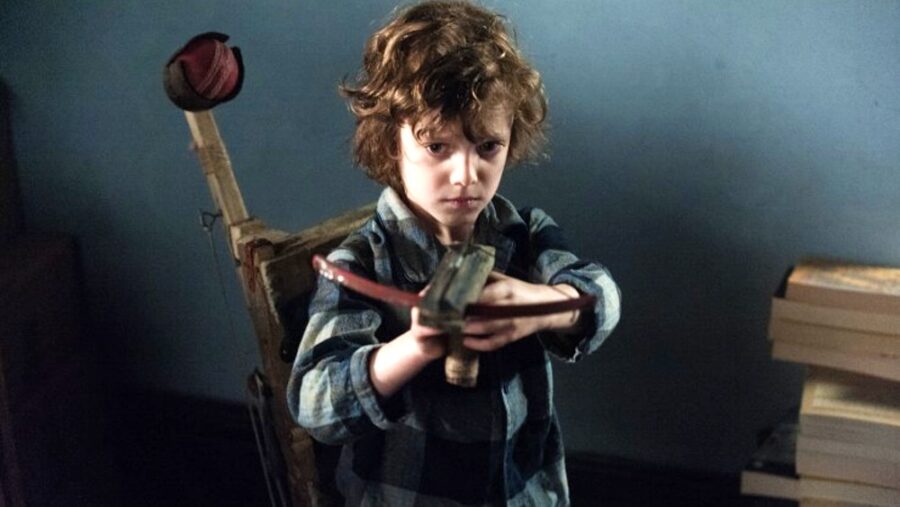
The Babadook took on a life of its own when a Tumblr user posted a fake screenshot of the Netflix catalog suggesting that the film was classified as an LGBT film. The LGBT community ran with the bit, and started pointing out the film’s queer subtext. Though this was never Kent’s intention when she created the film, this level of online trolling was incredibly well-received, and the Babadook’s likeness was actually featured prominently during 2017’s Pride Month. As a result, Los Angeles theaters actually held screenings of The Babadook to raise money for charity. Like the film’s tagline suggests, “you can’t get rid of the Babadook,” Kent embraced the memes that the LGBT community created based on her film, and was glad that her film stayed relevant in this context years after its initial release.
Stream The Babadook On Netflix

Whatever your takeaway may be after watching The Babadook, its unique cinematography, effective storytelling, and profound insight into the life of a grieving family can’t be denied. If you have yet to experience the terrifying, inventive, and oftentimes heartfelt narrative that Kent created with her directorial debut, then it comes with very strong recommendations that you fire up Netflix and give it a go.
…












